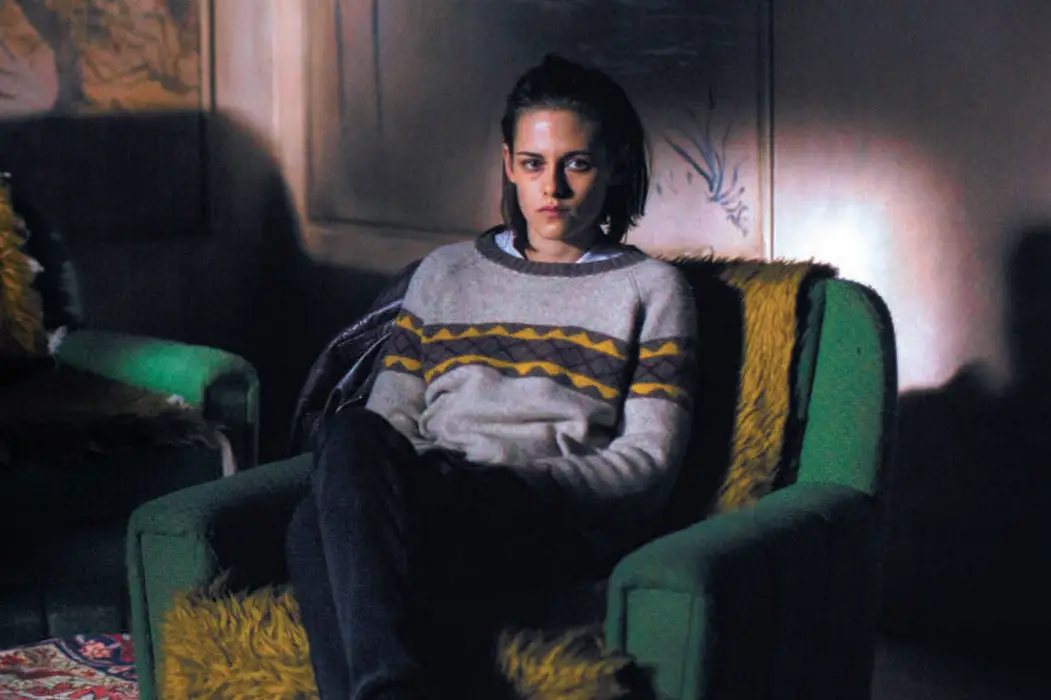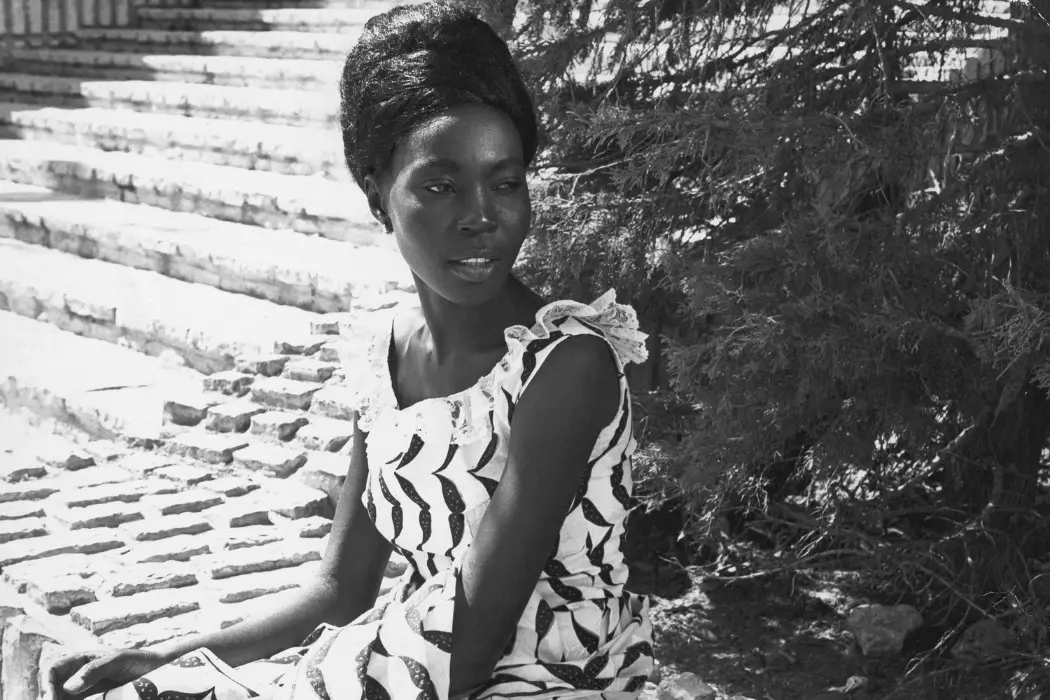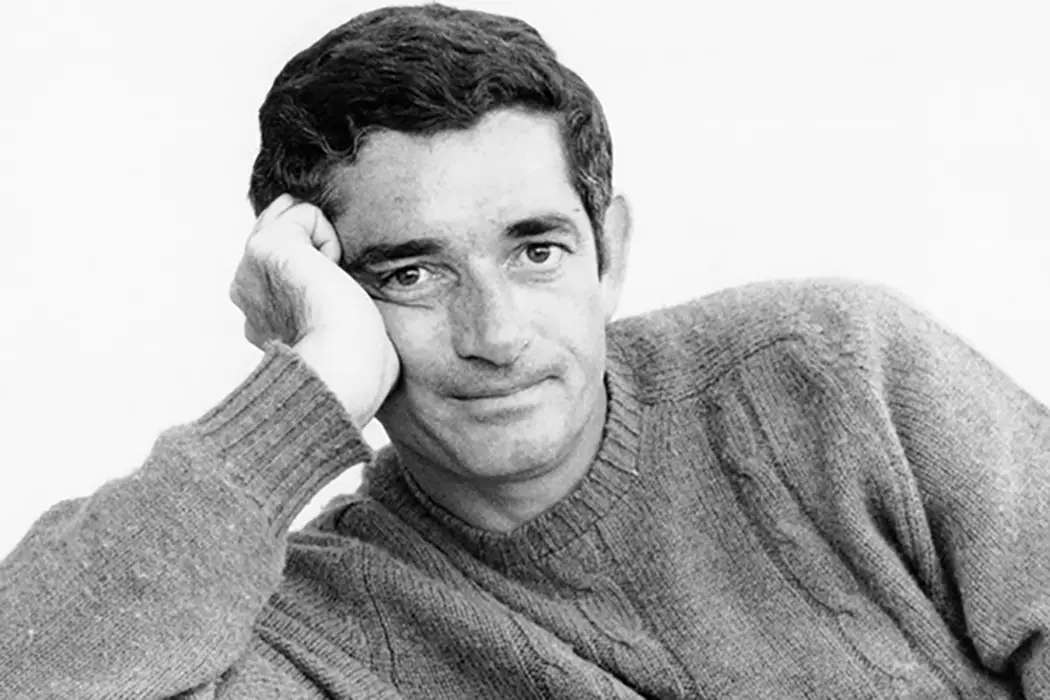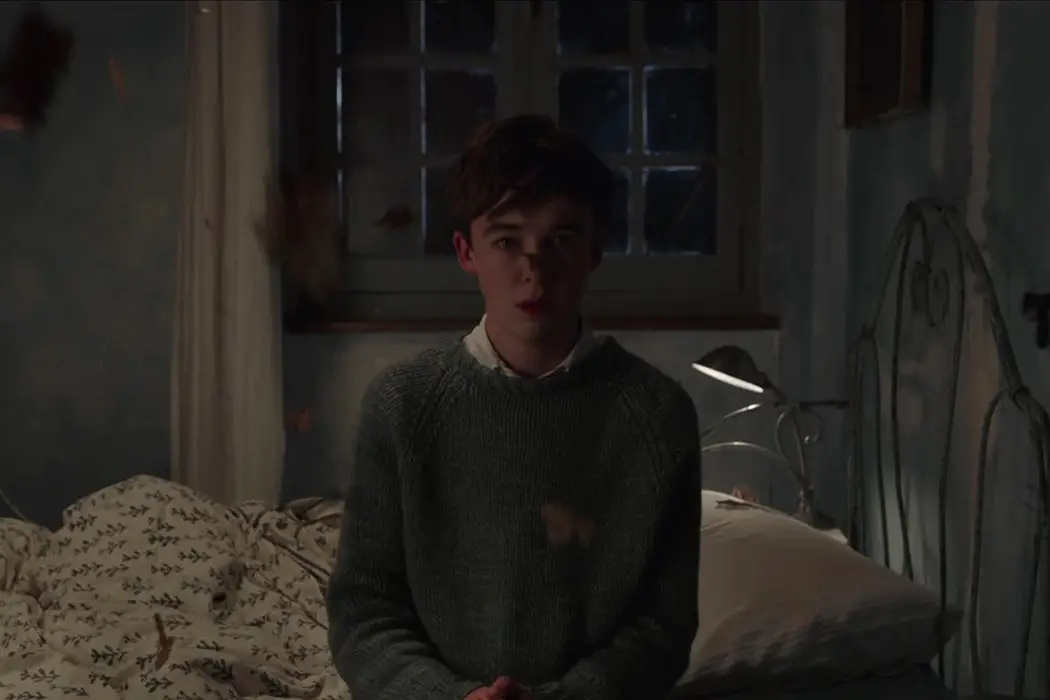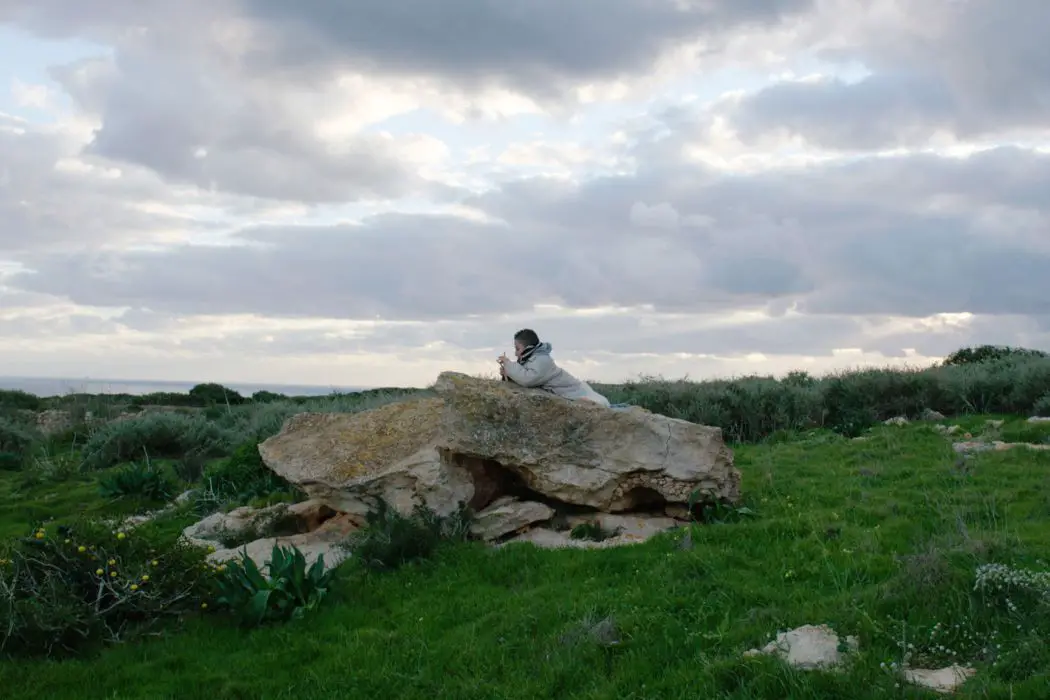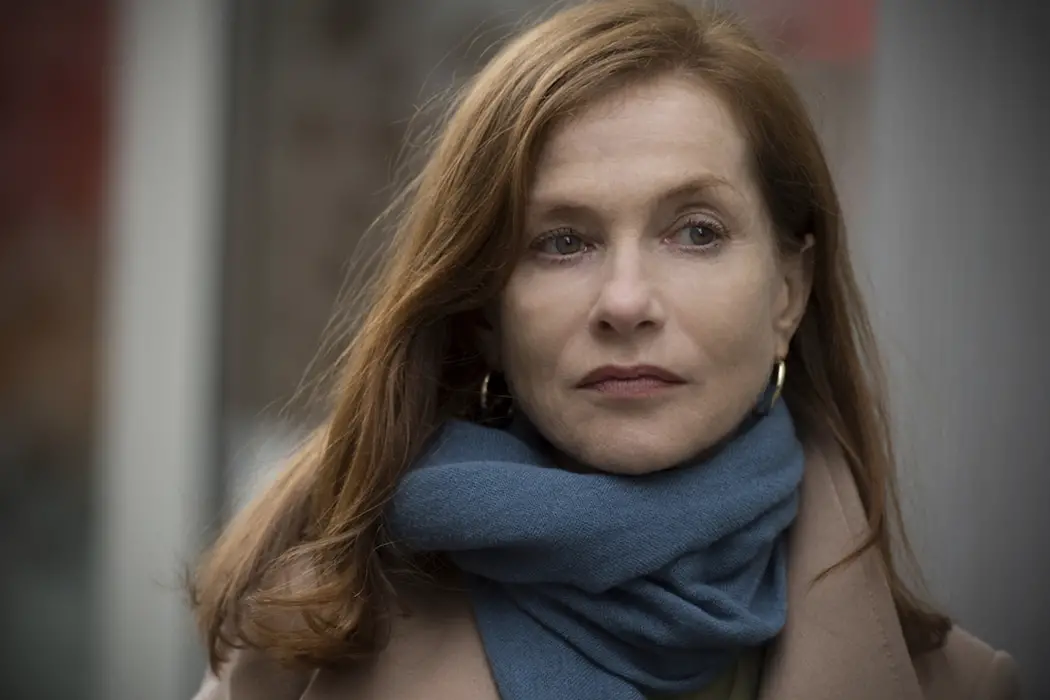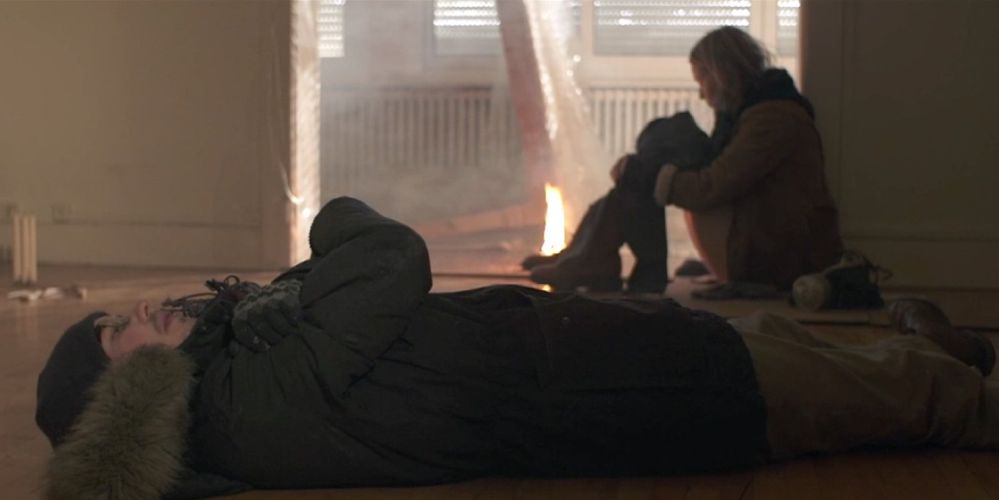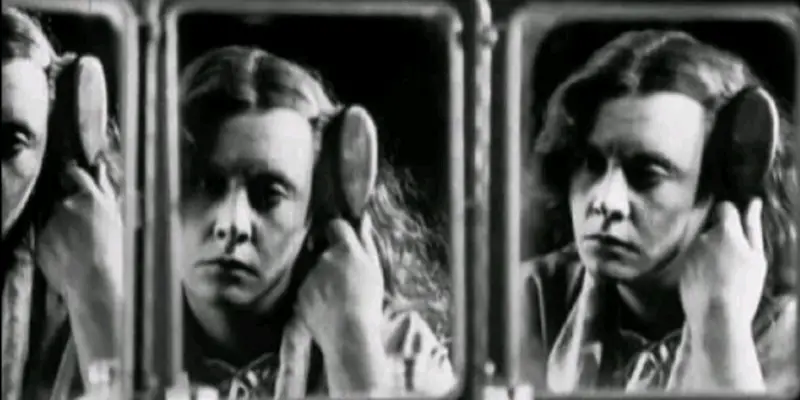France
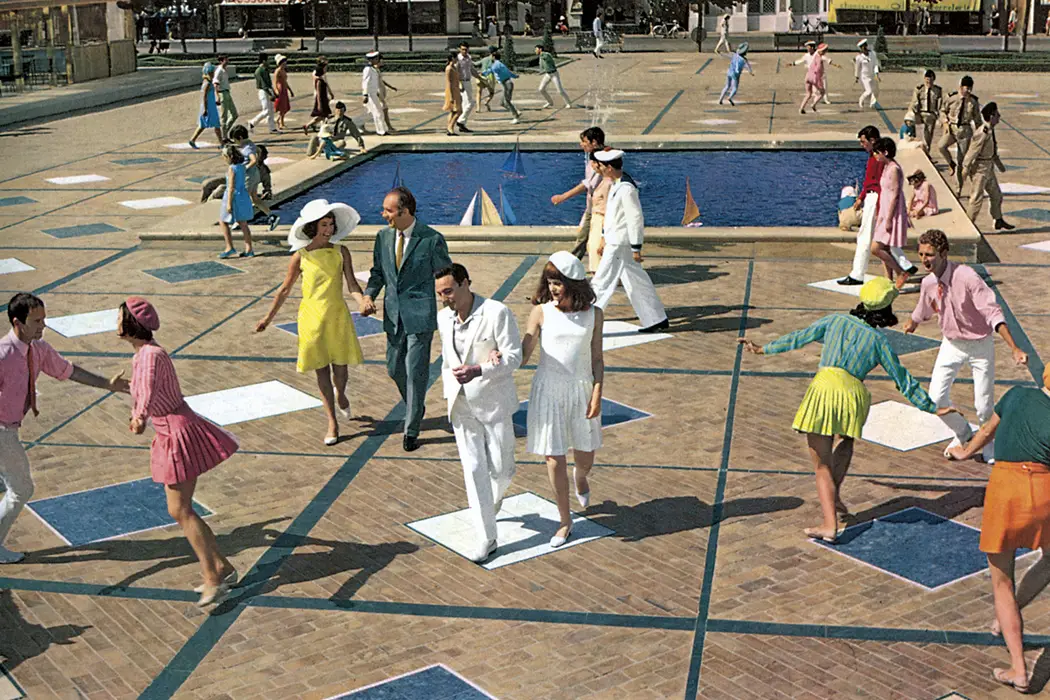
La La Land was one of last year’s big hits, and if you’ve read much about it, you’ve probably heard Jacques Demy cited as an influence. And he should be – not for nothing does the word “parapluies” appear near the place where La La Land’s main character works, a direct shout-out to the French title of Demy’s The Umbrellas of Cherbourg. Of course, it would be a mistake to put too much emphasis on him when La La Land draws on plenty of other influences, including various strains of American musical, Nicholas Ray, Powell and Pressburger, and maybe even Alfred Hitchc*ck.

Racism in France has been a long-discussed topic within cinema, from Mathieu Kassovitz’s eponymous film La Haine to 2011’s hit comedy Les Intouchables. In recent days Muslim/Arab citizens have been the focus of racial prejudice from the French justice system; Fatima could not come at a better time with its refreshing take on Arab/French culture. Philippe Faucon adds to this conversation with a portrayal of racial tension in France.

No matter what the critics say, film festival juries frequently appear to be in their own little bubble where they award the top prize to the film with the most political relevance, instead of the best artistic qualities. Last year at Cannes, the middling immigrant drama Dheepan trumped some of the year’s most widely acclaimed movies, from Son of Saul to Carol, for the festival’s top prize. But this was far from the only area critics were left bemused, as Rooney Mara’s performance in Carol suffered the indignity of sharing the Best Actress award with the unhyped Emmanuelle Bercot in My King.
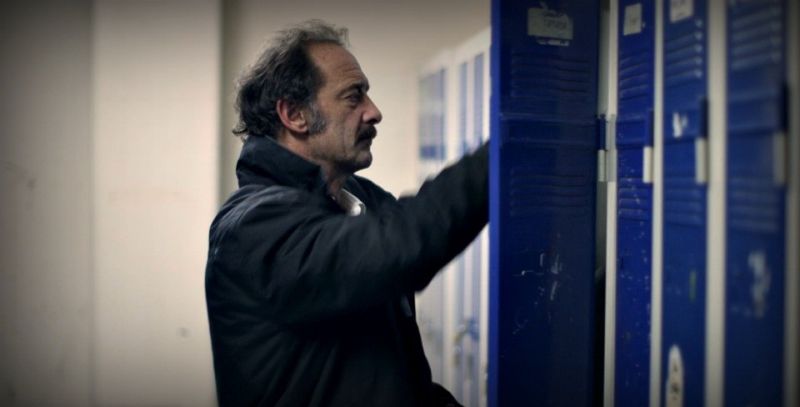
In Henry David Thoreau’s Walden, a treatise about the human condition, he wrote, “The mass of men lead lives of quiet desperation.” For many people the work they do is pointless, only going far enough to provide limited sustenance while killing the spirit inside which yearns to be free. Naturally, this is nothing new.




